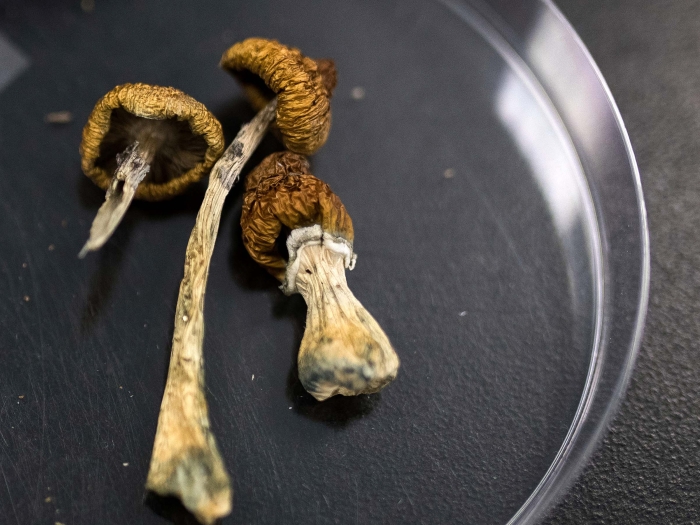
Alone. Scared. Never knowing who to trust or where to turn for help.
That’s how Kade Fitzgerald of Jackson, Michigan lived the first 32 years of his life. Assigned female at birth, Kade knew at age 6 that he was meant to be a man.
By the time he was a teenager, the need to align his gender with his sense of self was so great—and the loneliness of his situation even greater—that Kade fell into a deep and suicidal depression.
“I knew who I was and who I was meant to be,” says Kade, now 34. “But society was unwilling to acknowledge me. And trying to find the right medical care to help me transition to a man felt truly impossible.”
While Kade never gave up the quest to realize his true self, his journey first took him to a series of hospitals that not only lacked expertise in gender affirming surgery, but worse, lacked the human touch needed to help someone like him.
“The first hospital I went to was just so cold and insulting. They refused to use my preferred name. The second hospital was exactly the same. I didn’t even end up seeing a doctor because of all the stress and anxiety they caused me. It’s part of the reason I have PTSD now.”
But coming to Michigan Medicine in 2018 quickly changed everything for Kade. Here, he discovered not only leading comprehensive care designed exactly for transgender individuals, but also a supportive team committed to treating him with the utmost respect and compassion.
“From the first visit I came here, I was in tears. My doctor was part of the LGBTQ community, which made me feel like I could breathe easy,” recounts an ecstatic Kade. “The entire team cared about me, called me by my preferred name and always have. I never felt judged or mistreated. The connection is stronger than anything I’ve ever experienced.”
Kade’s experience here emblemizes the care that the Michigan Medicine team strives to provide.
“Being able to support Kade as he moves to live as his authentic self has been such a privilege, and one of the high points of my career thus far,” says Daphna Stroumsa, M.D., an OB/GYN at Von Voigtlander Women’s Hospital. “I’m proud to work in a health system that provides a broad array of services to transgender and non-binary people. We are continuously working to provide better and more accessible services, and to deepen our engagement with our partners in the trans community.”
For many transgender patients who visit Michigan Medicine, the ability to receive caring, state-of-the-art care to affirm their identities results in significant improvement in their health and well-being.
Kade remembers, “Within days of my first visit at Michigan Medicine, my life improved considerably. I was on testosterone. I was happy. I had a better life, greater relationships with family and I was learning to love myself.”
In June 2019, Kade further entrusted the Michigan Medicine team with his transition when he underwent a hysterectomy. After having terrible pain in the past, Kade felt immediate relief. He now awaits phalloplasty, a procedure to complete genital construction.
And his gratitude for Michigan Medicine endures.
“I’m so thankful to Michigan Medicine for my Michigan answer,” says Kade. “They helped me feel human and cared for me in ways no one else could. Honestly, they saved my life.”

Discover the power of a Michigan Answer through inspiring stories. Find hope and inspiration for your own journey by reading more.





